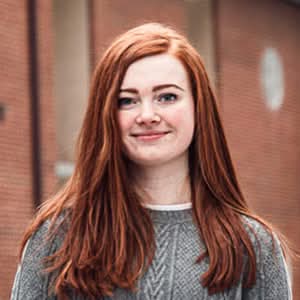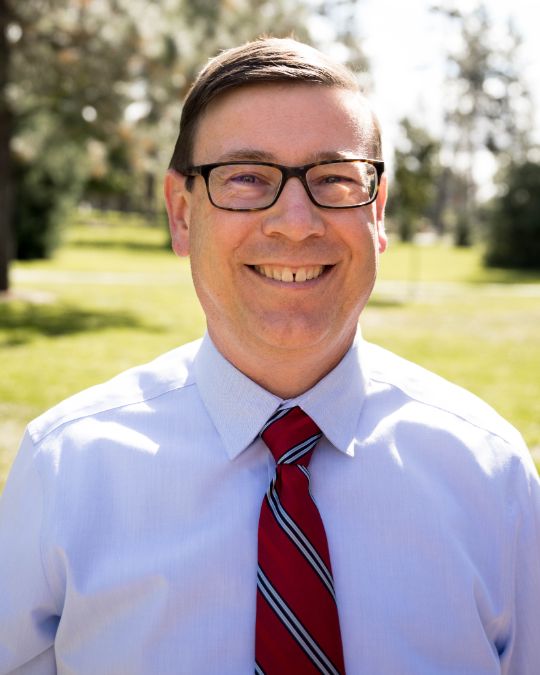Physics, B.A., B.S.
As a Whitworth physics major, you will study the fundamental physical laws of the universe. You will develop a deeper understanding of how the world around you works, as well as a sense of excitement about how much remains to be discovered.
The study of physics opens the doors for you to contribute to society in many ways. Whitworth prepares physics students for lives of meaningful work in which they will explore the laws of the natural world that God has made and will design solutions to meet the needs of humanity.

